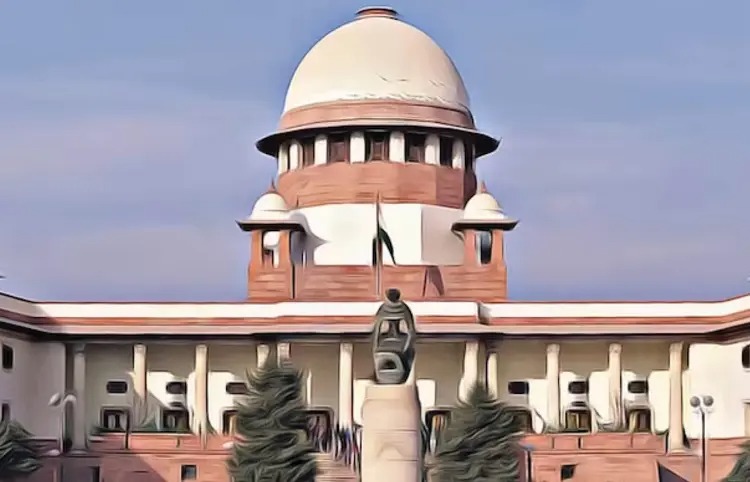
Supreme Court on Hinduism : Once again objection was raised on the word Hindutva, an attempt was made to link it with a particular religion, but considering this objection, the Supreme Court rejected the appeal to replace the word 'Hindutva' with the word 'Hindutva'. Indian constitutionalism'. The Supreme Court has rejected an appeal filed by a 65-year-old doctor, rejecting a fresh attempt to link 'Hindutva' with fundamentalism. The petitioner, Dr Saheb, claimed that the word Hindutva violates secularism and is harmful for him.
Why objection to the word 'Hindutva'?
Objecting to the word 'Hindutva', petitioner Dr. S. N. Offering a different argument, Kundra said, “The term Hindutva has been coined by religious fundamentalists of a particular religion and those who want to change our secular Constitution (Manusmriti). Due to which the religious constitution (Manusmriti) is misused. A particular religion is being propagated by the people/media and they are using the word 'Hindutva' to throw dust in the eyes of legal observers.
What did the Supreme Court say…
During the hearing of the case, a bench headed by CJI DY Chandrachud said, “We will not consider such petitions. This is a complete abuse of process. Sir, we will not consider it.”
How many times did people go to court against the word Hindutva?
This was the third challenge to the word “Hindutva” in the Supreme Court after 1994. First, the Supreme Court ruled against the objection raised by Ismail Faruqui that, “Generally, Hindutva is understood as a lifestyle or state of mind and should not be equated with religious Hindu fundamentalism. Subsequently, the Supreme Court in its December 1995 judgment in the case of Ramesh Yashwant Prabhu said – “The words Hindu and ‘Hindutva’ cannot be given any specific meaning and cannot be given any narrow meaning.” A narrow fundamentalist Hindu religious fundamentalism.”
The court held that the words 'Hindutva' or 'Hinduism' cannot be construed to indicate hostility or intolerance. Other religious beliefs or communalism In 2016, a seven-judge bench of the Supreme Court upheld a 1995 judgment defining 'Hindutva' as a way of life. It then rejected social activist Teesta Setalvad's petition to redefine the term 'Hindutva' and ban its use in elections.
 look news india
look news india